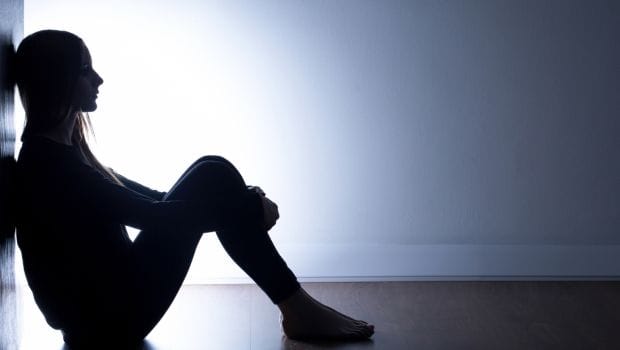Rights of women in Islam are guided by essential Islamic wellsprings of individual law, in particular the Quran and hadiths, and additionally auxiliary sources, for example, the ijma, qiyas, ijtihad in structure, for example, fatwas; the optional sources differ with different groups of Islam and schools of law (madhhab). The rights of women in Islam start quickly in the Quran’s Creation Story.
Islamic laws and social traditions sway different phases of a Muslim ladies’ life, including her instruction, vocation opportunities, rights to legacy, female circumcision, dress, period of marriage, opportunity to agree to marriage, marriage contract, mahr, admissibility of anti conception medication, separation, her capacity to get equity if there should be an occurrence of sex criminal acts, property rights free of her spouse, and when salat (requests to God) are compulsory for her.
Women appreciate the “rights of women” status in Islam. Islam perceives the position of lady to be the same as that of men. It asserts that both originate from the same substance.
Rights of women and men adore Allah in the same way, significance they revere the same God (Allah), perform the same demonstrations of love, take after the same scripture, and hold the same convictions. ALLAH (the Arabic word for the One genuine God of all creation), judges every single individual reasonably and impartially. ALLAH underscores the equitable treatment and compensate because of both men and ladies in numerous verses of the Quran:
“Allah has promised to the believers, men and women, gardens under which rivers flow, to dwell therein, and beautiful mansions in gardens of everlasting bliss. “
Islam is the only religion that gives rights of women and laid more noteworthy weight on the local obligations of a woman. Our salvation lies in taking after the teachings of Islam.
Irsa Farheen, Rawalpindi






